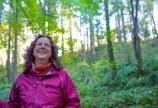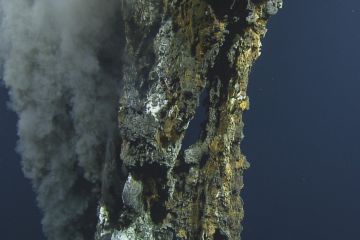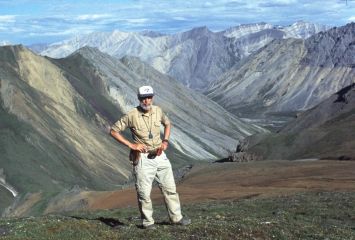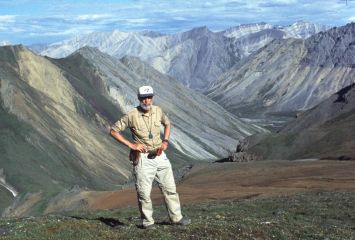Teaching climate action
Continuing Studies, Social Sciences
- Anne MacLaurin
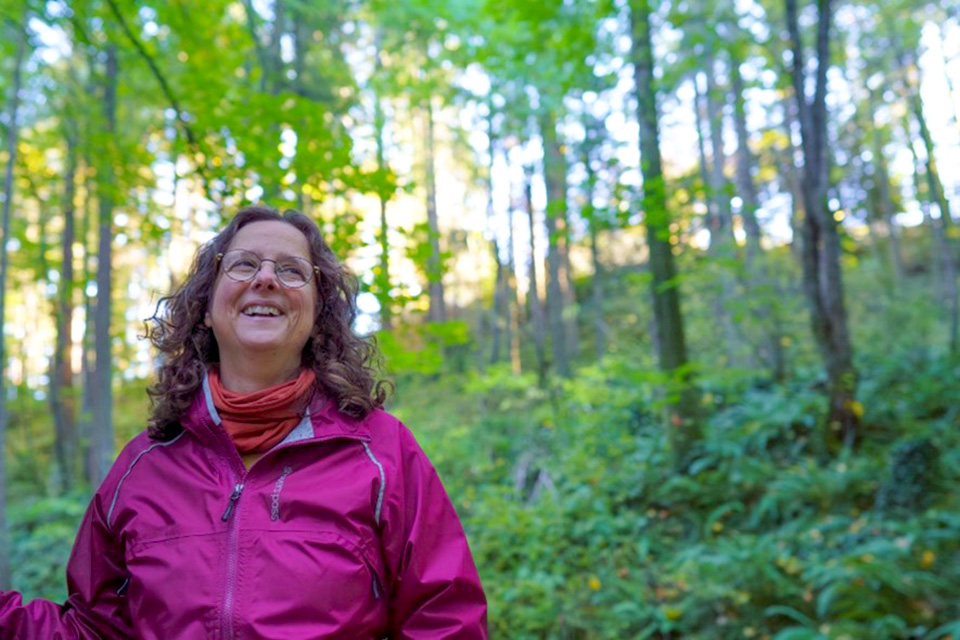
“There's not a problem with the environment, there's a problem with how we are living in it,” says environmental studies professor Kara Shaw. “What's slowing down climate solutions is not knowing how to change our economies and societies.”
This insight inspired Shaw to create the Transformative Climate Action (TCA) certificate—an interdisciplinary credit program, offered by UVic’s Continuing Studies and School of Environmental Studies, that provides students with tools and strategies to help shape a sustainable future.
Shaw hopes that learners from diverse backgrounds are empowered to find their own personal pathway toward climate action and create social and political change in their communities.
The core thing I want students to take away from this program is an understanding of their own place in the world of climate action. What skills they bring, why those skills are important, and how they can put them into play."
—Kara Shaw, professor of environmental studies and founder of the Transformative Climate Action program
A tailored approach
Now in its first year, the program is comprised of three core courses that all students must take, plus four electives—all of which are offered online and asynchronously to accommodate parents, professionals and full-time students who wish to complete the certificate on their own schedule.
While the core courses introduce the skills needed to plan and make decisions about climate action, the focus is on exploring various perspectives on climate change—including those of Indigenous communities, policy advocates, grassroots organizations, and climate scientists and engineers—and engaging in critical thinking with others.
I want students to feel that they have agency and know how they can put that agency to work in making change. It’s important people understand the social aspects of climate change because that’s where the action is now. That’s how climate solutions are built.”
—Shaw
The program’s electives allow students to tailor their program to meet their own specific climate action goals, whether by learning about new technologies, renewable energy, or innovative approaches to understanding climate change mitigation and adaptation.
Shaping a sustainable future
A former director of UVic’s School of Environmental Studies and a lifelong learner herself, Shaw researches the energy dynamics of climate change with engineers at the university and collaborates with local governments and community organizations seeking to implement climate policy and programs. These collaborations encouraged her to build educational opportunities for others seeking climate solutions.
"There is a strong demand for more capacity in the area of climate action, and this requires understanding what solutions are possible and how to implement them," she says. "Addressing climate change requires collaboration, so these programs prioritize collaboration with other students in the classroom and with local organizations and communities outside the university.”
- Applications for the Transformative Action Certificate are now being accepted.
Photos
In this story
Keywords: climate, education, environment, community
People: Kara Shaw

